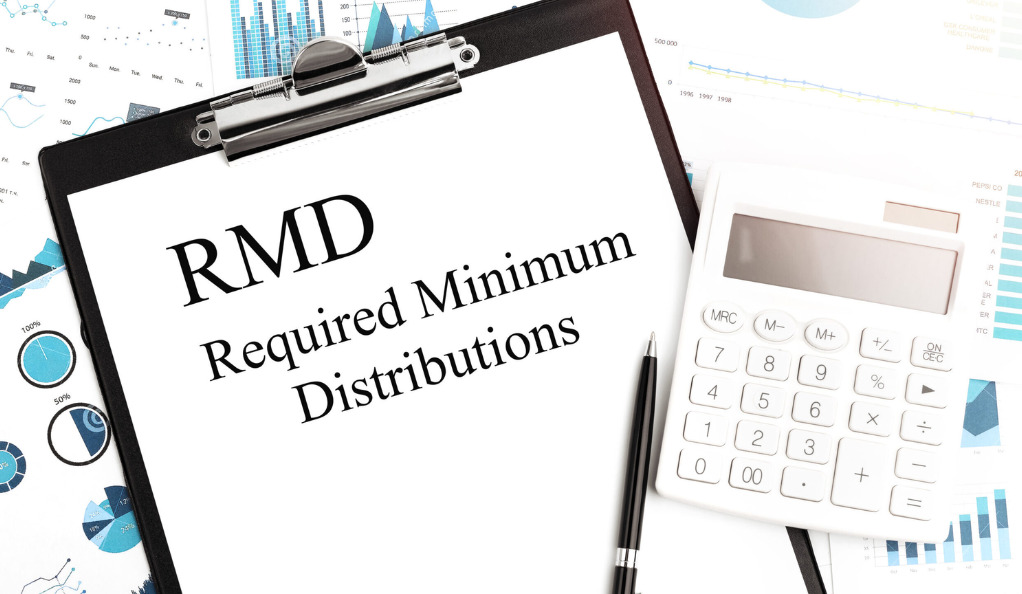As part of a broader discussion around potential tax law changes, the possibility of the Internal Revenue Service (IRS) reducing Required Minimum Distributions (RMDs) for this year has been unveiled. RMDs are the minimum amount that retirement plan account holders must withdraw annually, beginning with the year that they reach 72 years old. This development could potentially impact millions of American retirees and those planning for retirement.

Exploring the Potential Reduction of RMDs by the IRS
The proposal to reduce RMDs stems from the acknowledgment of the financial difficulties many Americans have faced as a result of the ongoing COVID-19 pandemic. With the economy having been hit hard and many individuals experiencing reduced income and job loss, the proposed reduction in RMDs could offer some respite. While the exact details of the potential reduction have not been released, it could mean that retirees might be able to leave more money in their retirement accounts to continue growing tax-deferred, potentially enhancing their financial security in the long term.
The decision regarding RMD reduction is not yet final, and the IRS has not officially announced any changes to the current rules for 2021. However, the possibility is being taken very seriously, given the widespread financial impact of the pandemic. Additionally, there is a precedent for such a move; in 2020, as part of the CARES Act, the IRS suspended RMDs to provide some economic relief to retirees during the initial stages of the pandemic.
Implications of Lowered Required Minimum Distributions for This Year
Reducing the RMDs could potentially have a profound impact on American retirees. First, it could provide a form of income support for those who have been significantly impacted by the economic effects of the pandemic. Lower RMDs mean that retirees could keep more of their money in their retirement accounts, allowing it to continue to grow and provide a more substantial income in the future.
Secondly, lower RMDs could also mean lower taxable income for retirees. RMDs are generally subject to federal income tax, and by reducing the amount that must be withdrawn, retirees could potentially face a lesser tax burden for the year. This could be particularly beneficial for those in higher tax brackets and could provide some measure of additional financial relief.
Lastly, the possibility of a reduction in RMDs might influence retirement planning strategies. If the RMDs are indeed reduced for 2021, individuals might need to adjust their retirement savings plans and distributions strategy. It could also impact estate planning, as the potential to leave more assets in tax-deferred accounts could change legacy planning decisions.
In conclusion, while the IRS has not yet made any official changes, the possibility of reducing RMDs for this year could have significant implications for retirees and those in the process of planning for retirement. The potential benefit of lower RMDs should be weighed against individual retirement goals and estate planning strategies. As always, retirees and those nearing retirement age should stay abreast of any changes and consult with a trusted tax advisor or financial planner to navigate any potential changes.
ChesWorkShop commits to presenting fair and reliable information on subjects including cryptocurrency, finance, trading, and stocks. However, we do not have the capacity to offer financial guidance, advocating instead for users to conduct their own diligent research.
